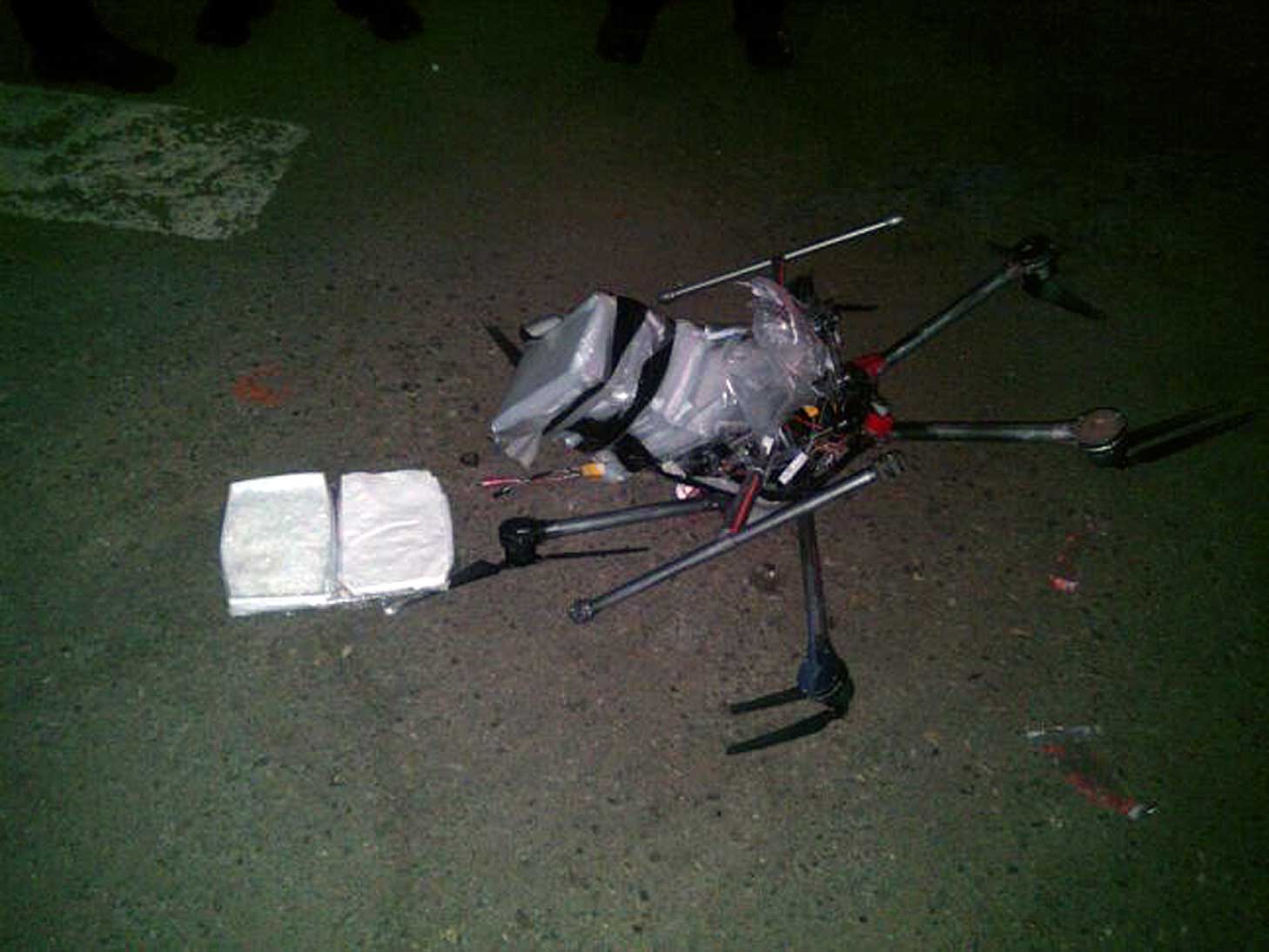
A drone carrying 6.6 lb. of methamphetamine that crashed in a supermarket parking lot in Mexico close to the California border this week probably doesn’t signify a popular new method for transporting drugs, U.S. officials say. But it’s a reminder that cartels can use the increasingly popular aircraft just like any other business or government agency.
It wasn’t the first time drones have been used to smuggle drugs across the border. U.S. authorities who speak to TIME say they haven’t noticed a trend of cartels using drones. Carlos Lazo, a spokesman with U.S. Customs and Border Protection, calls it “an isolated incident.”
But Matthew Barden, a special agent and spokesman with the U.S. Drug Enforcement Administration, says authorities are always on guard for new cartel methods and that drones might appeal to traffickers for a number of reasons. The most likely, Barden says, would be surveillance, not transportation. “They can be used to spy on border agents doing rounds,” Barden says, speaking about the issue generally but not the latest incident. “People can use them to set up an ambush.”
Drone Country: See America From Above
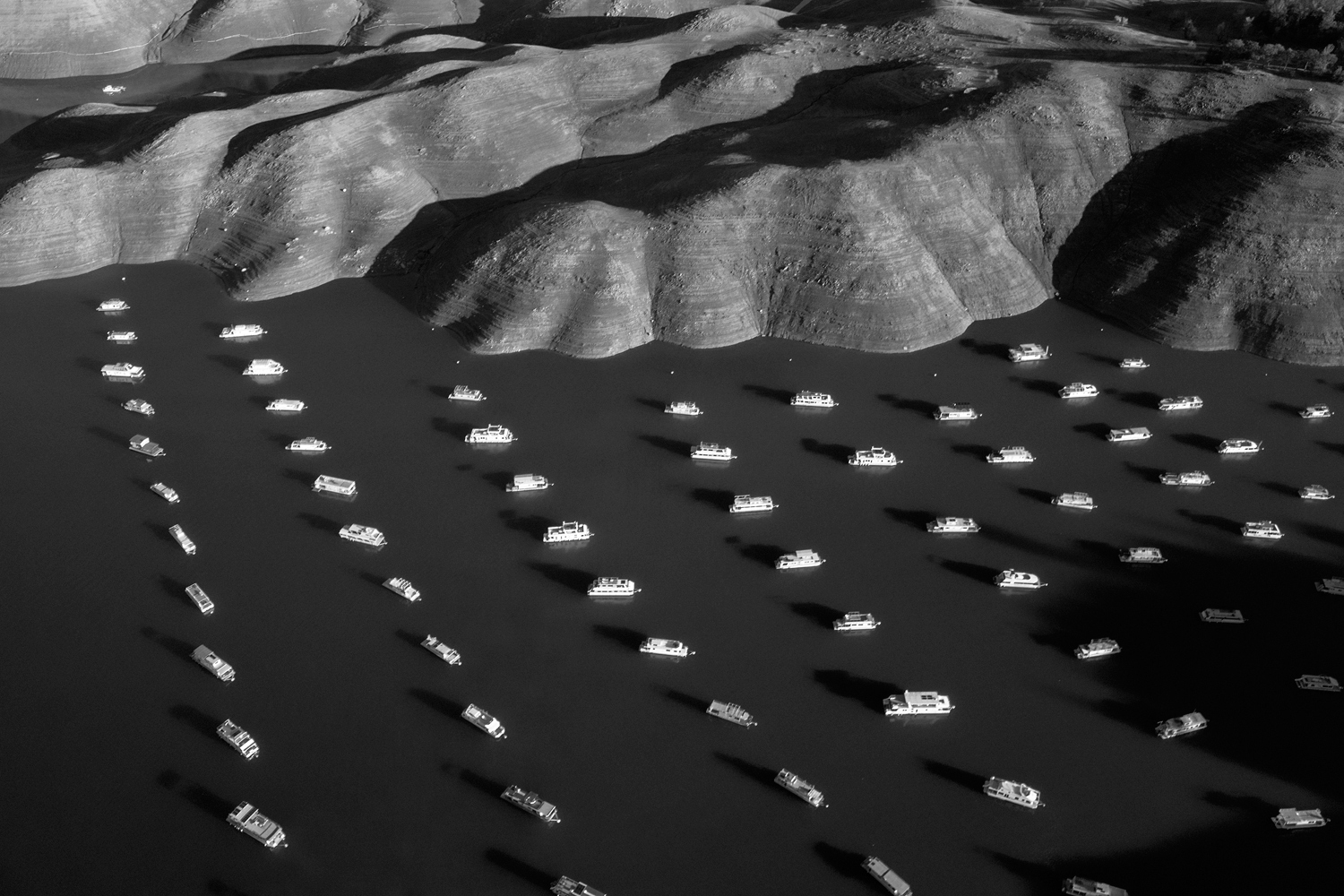
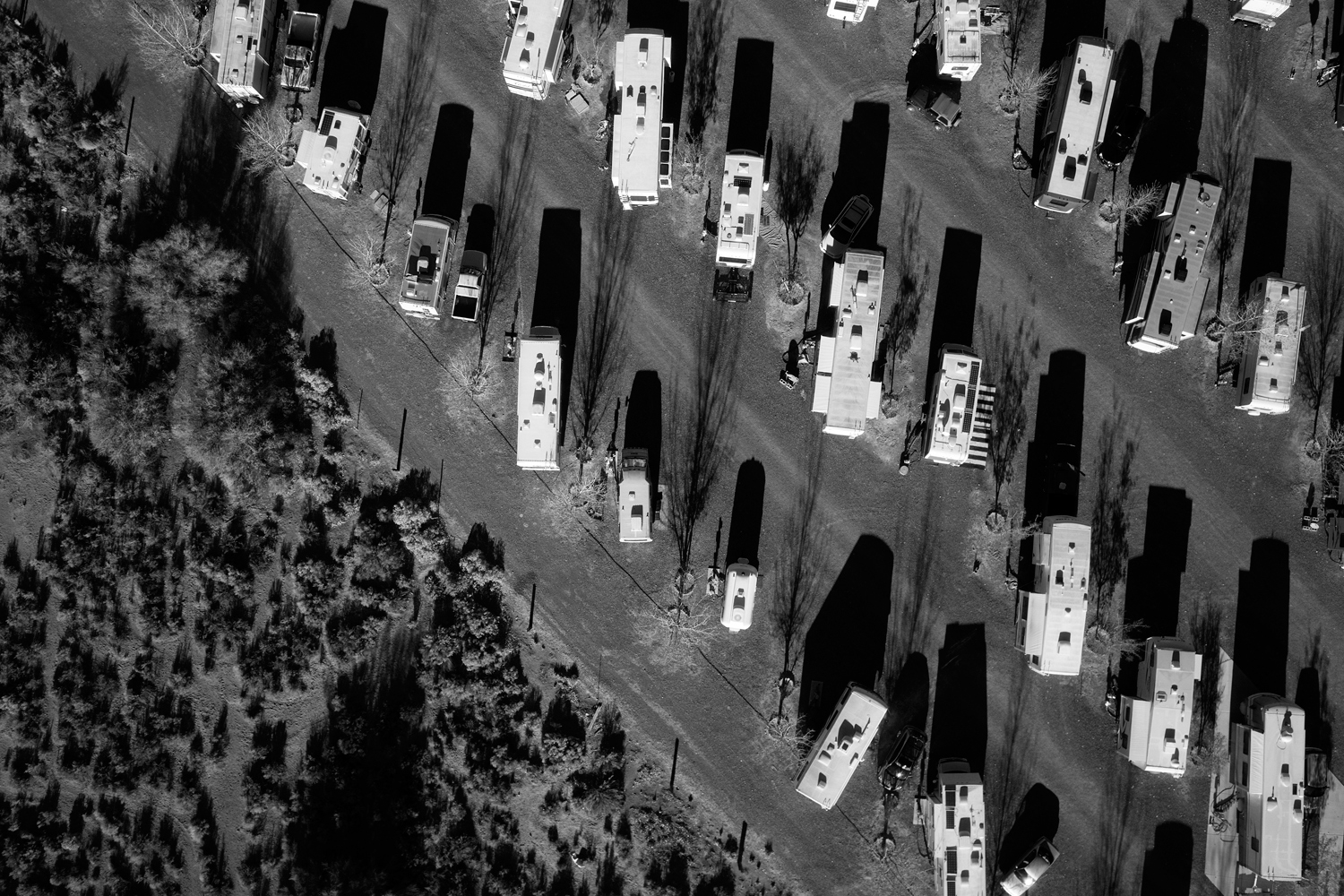
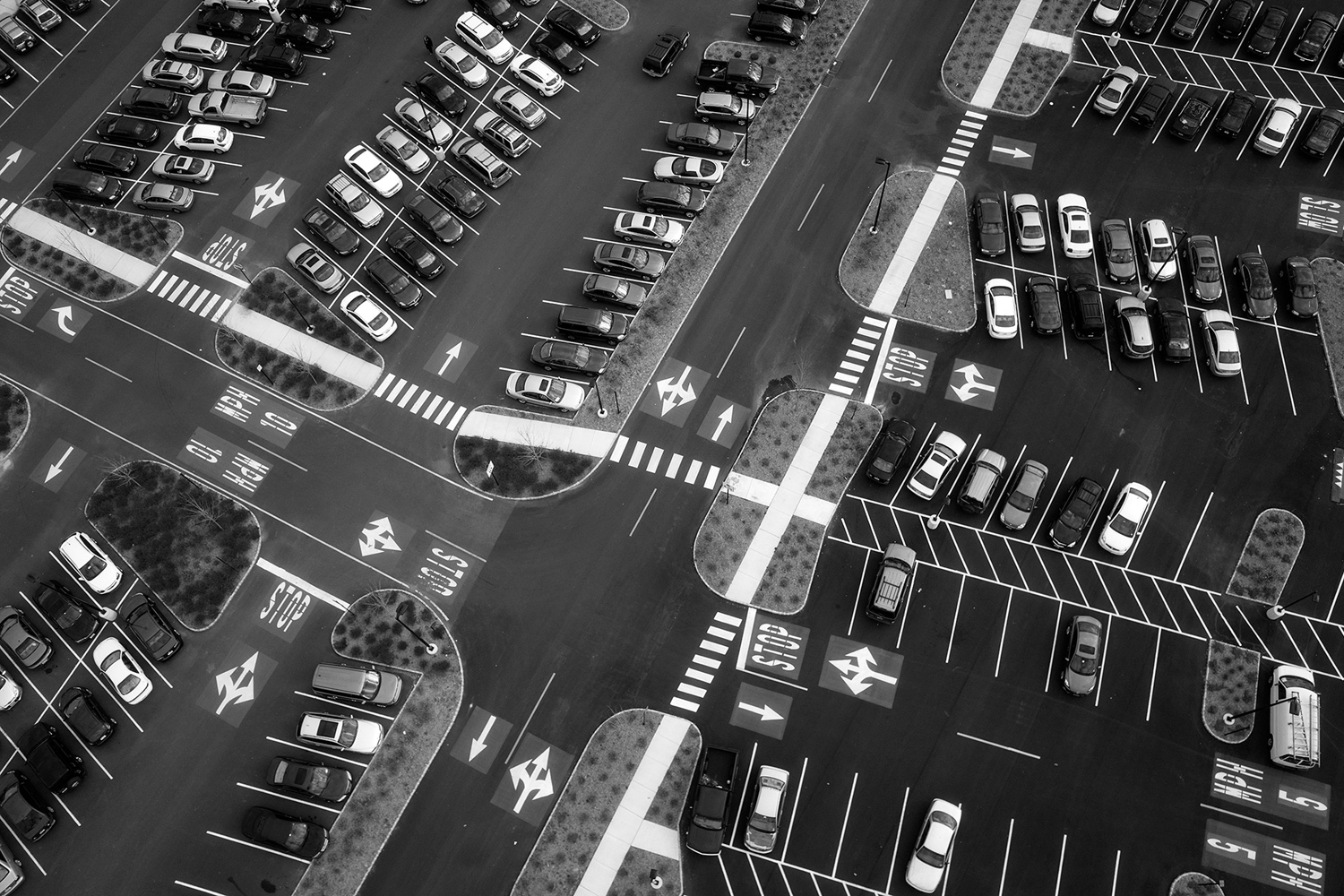
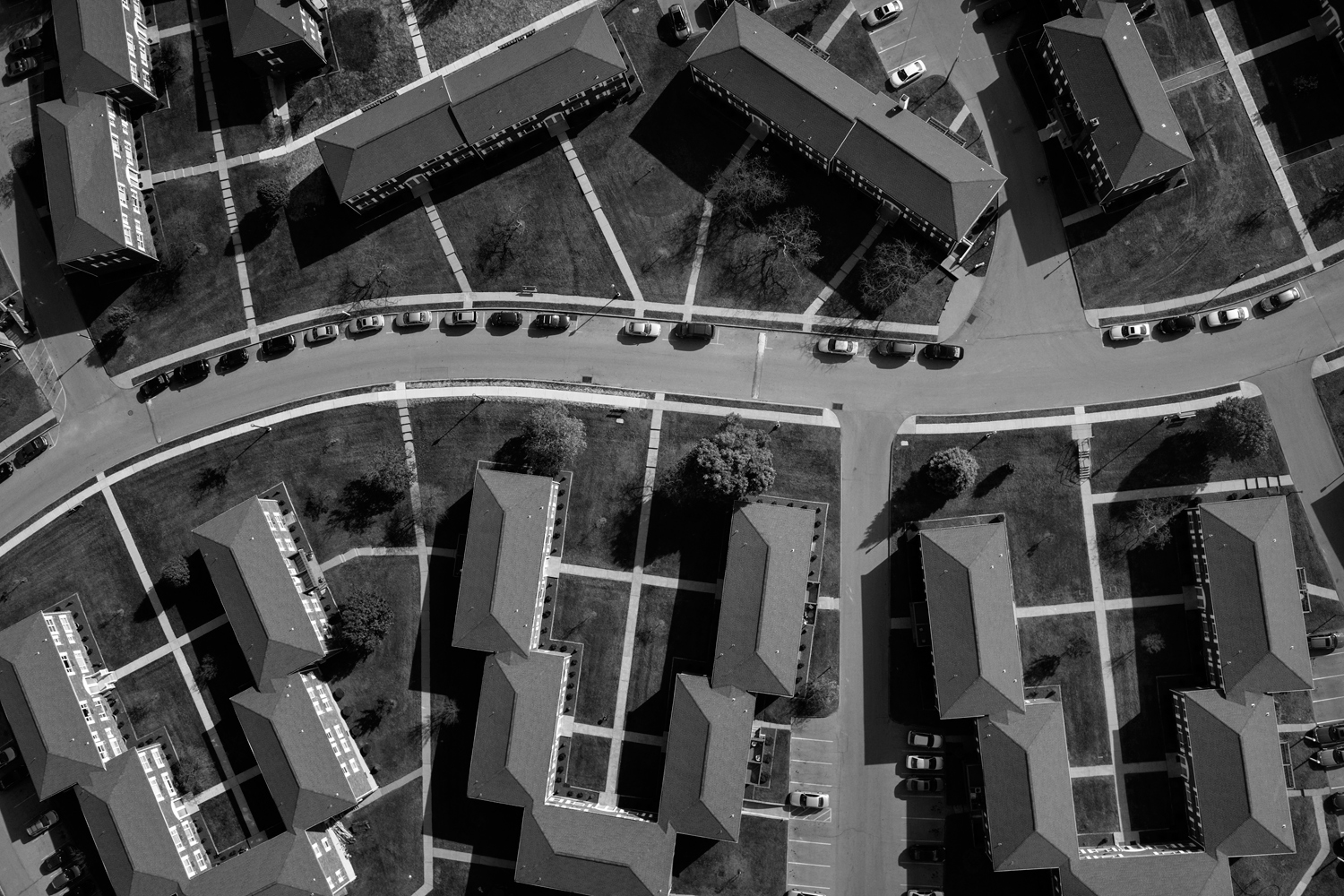

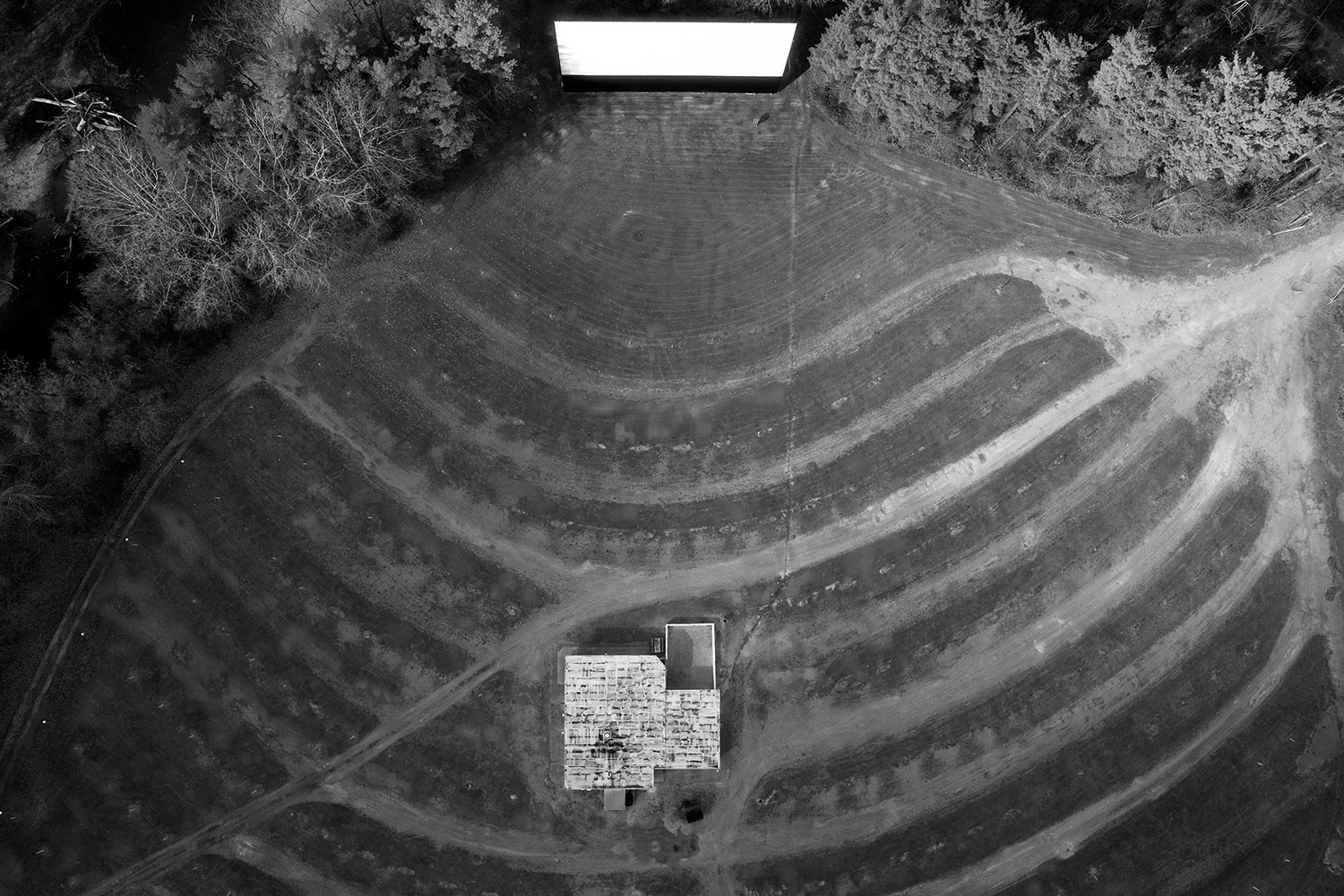
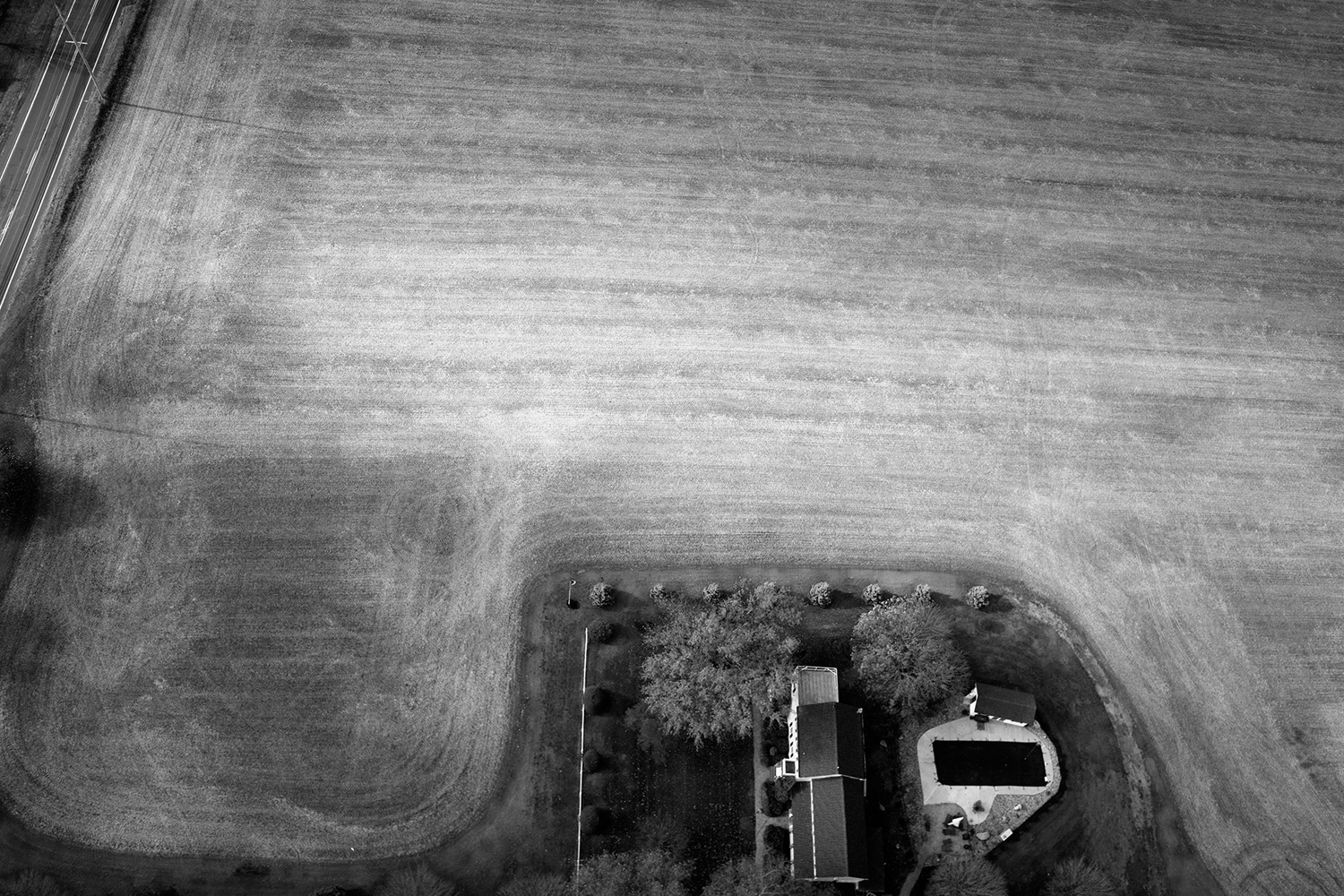
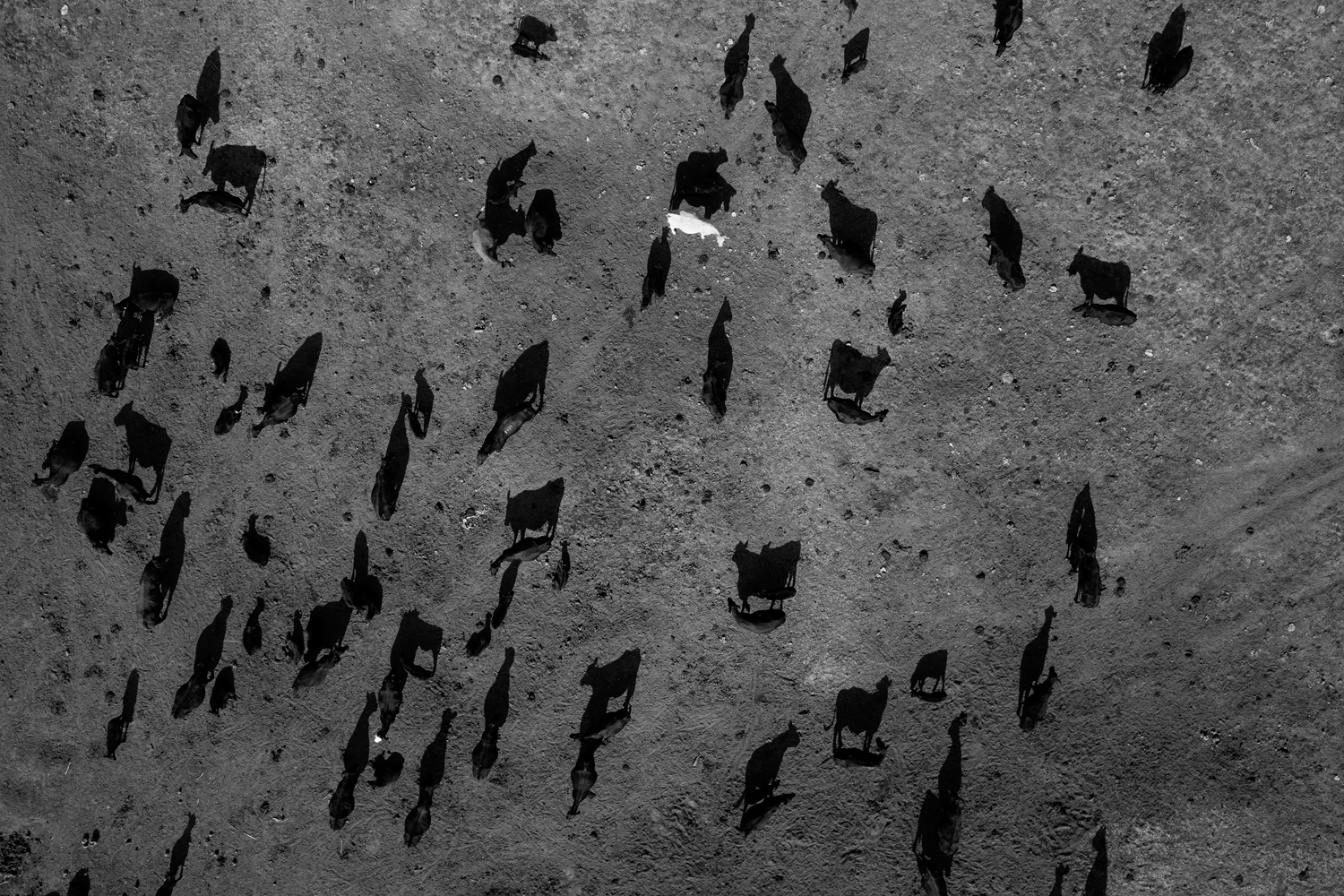
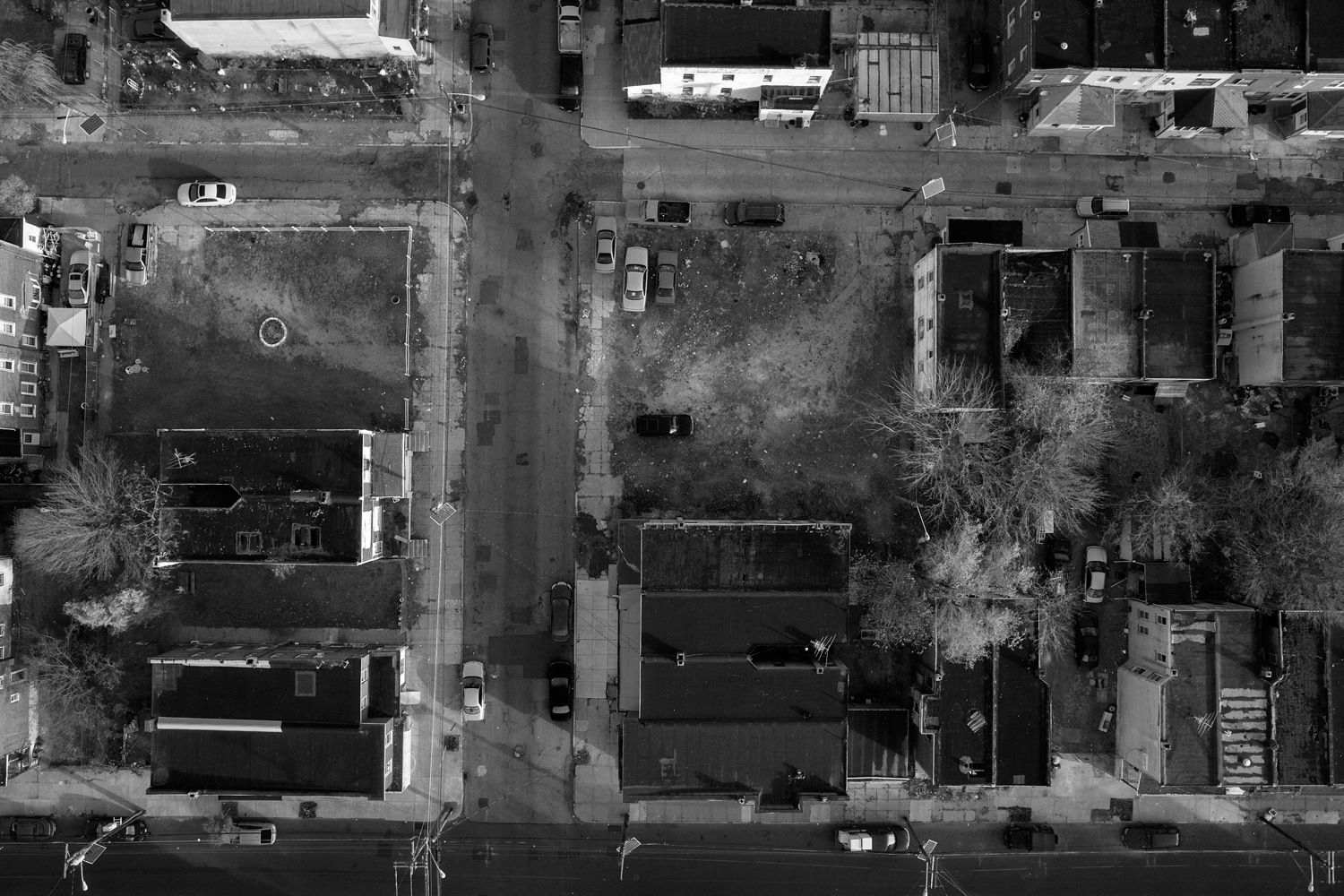
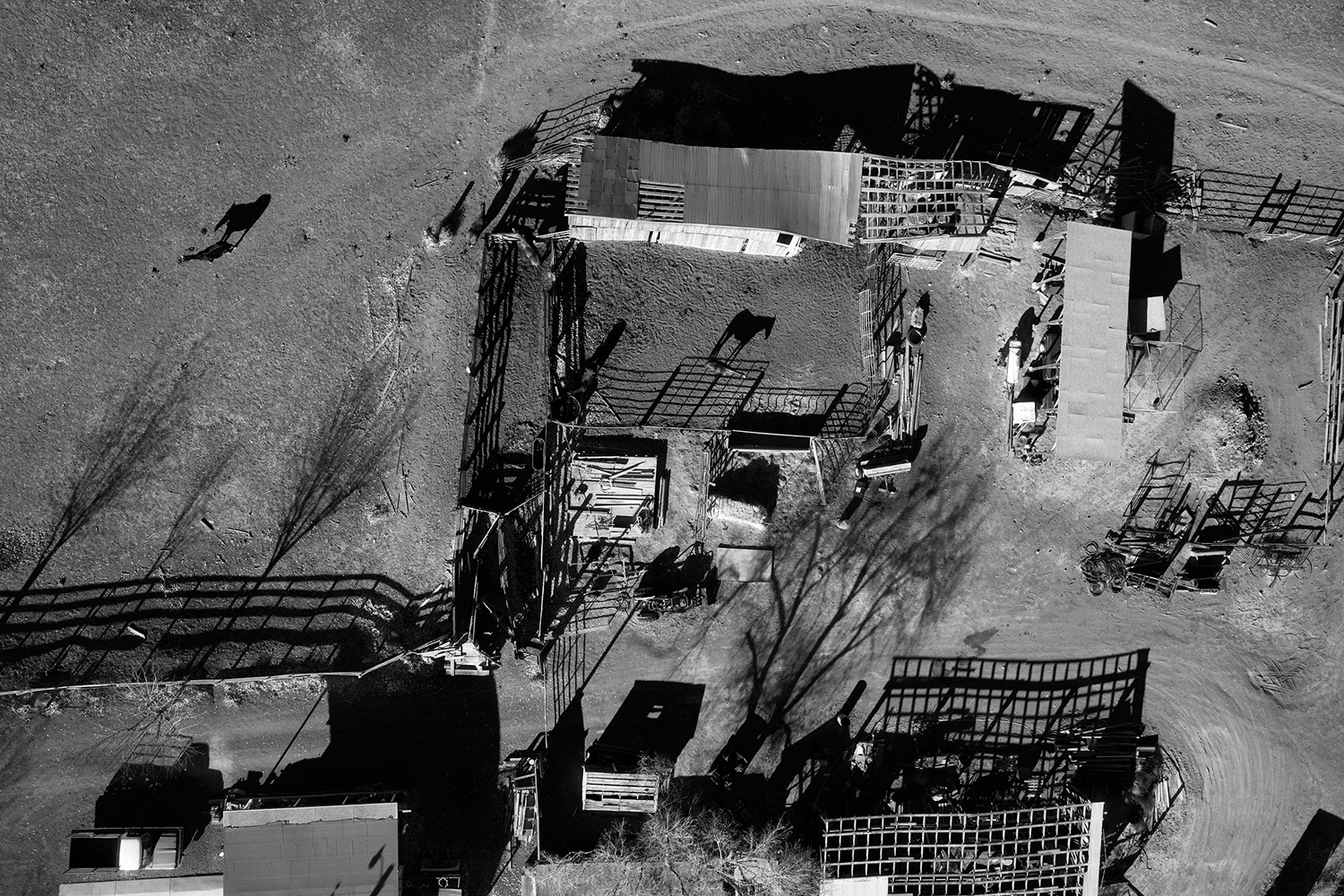


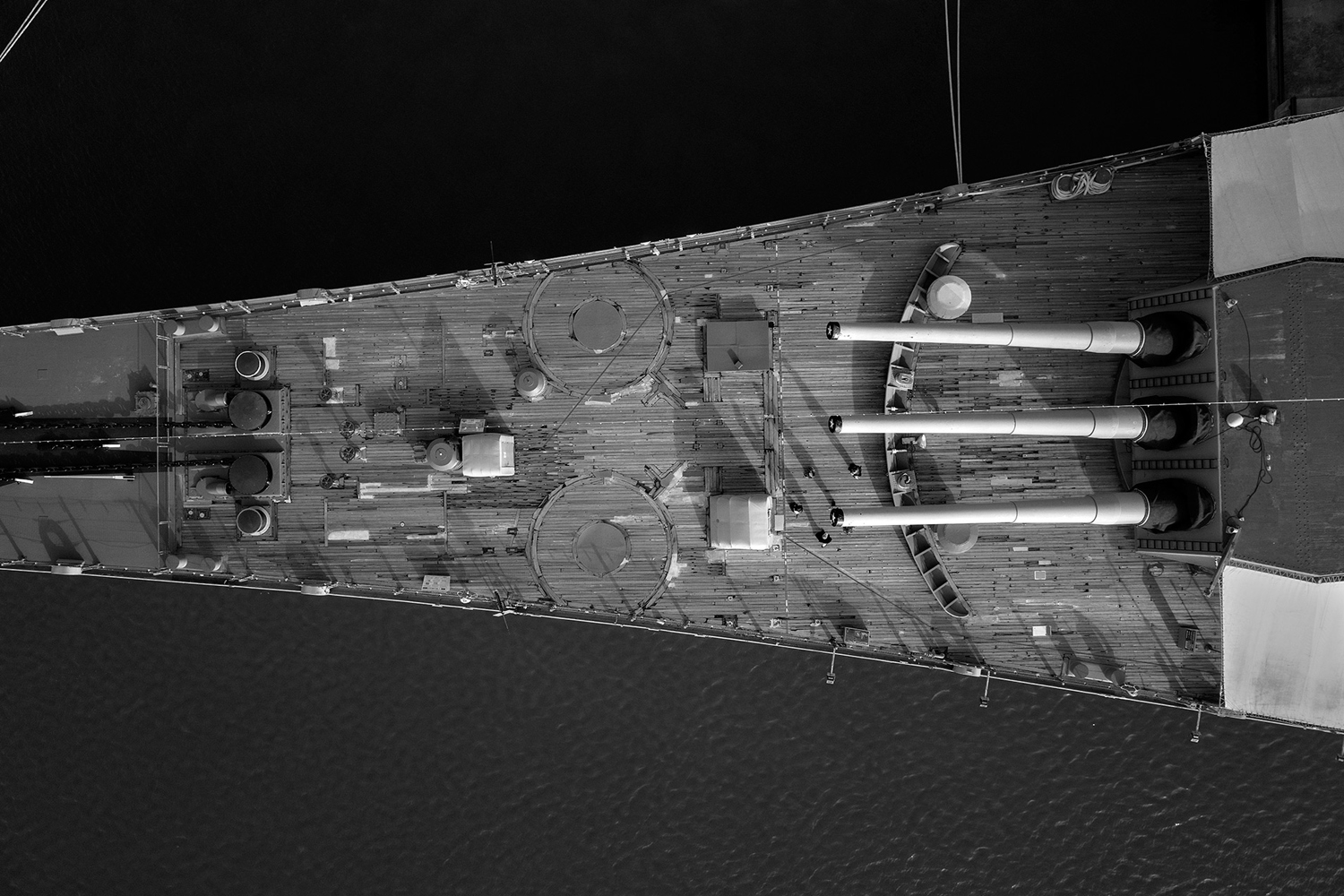
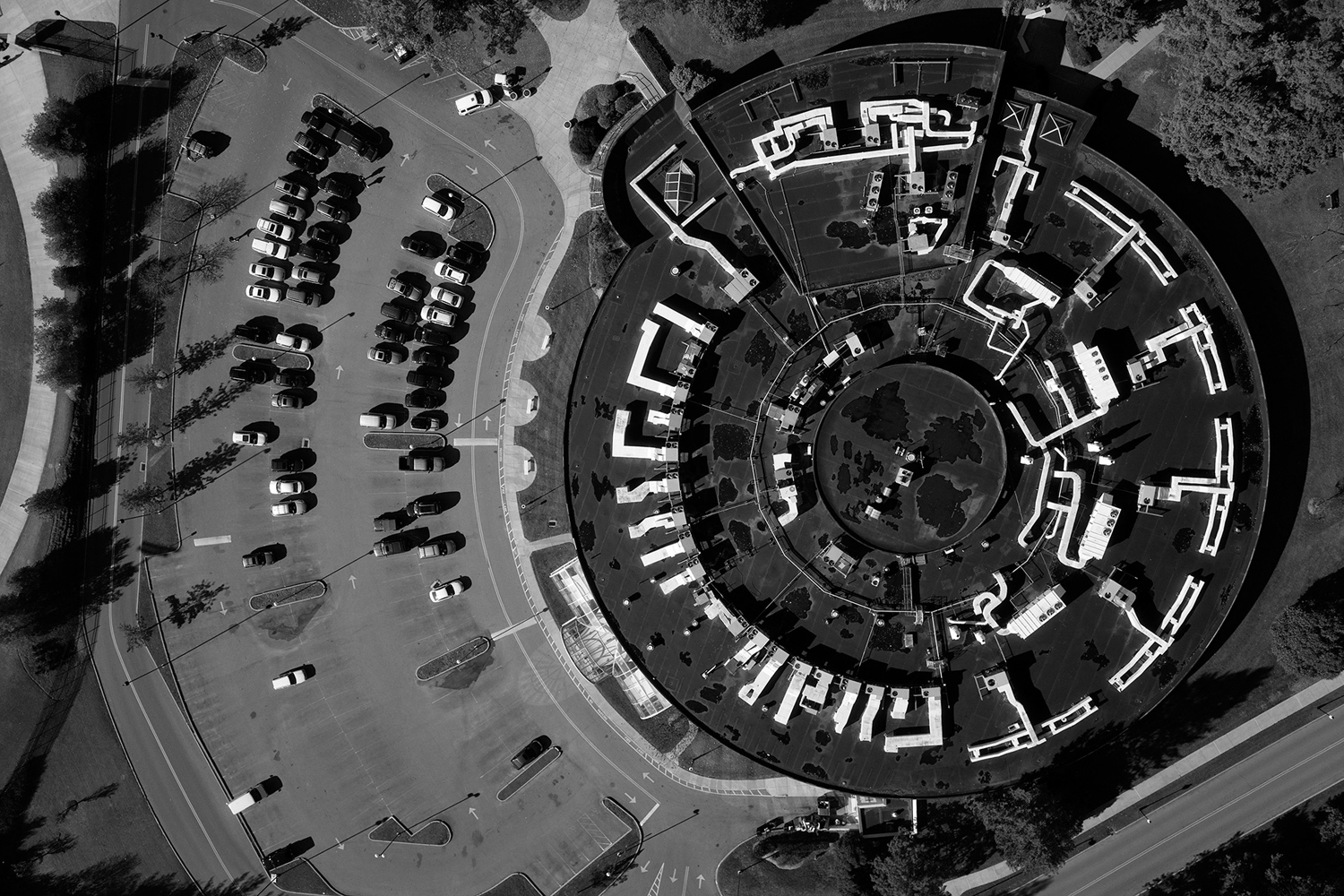
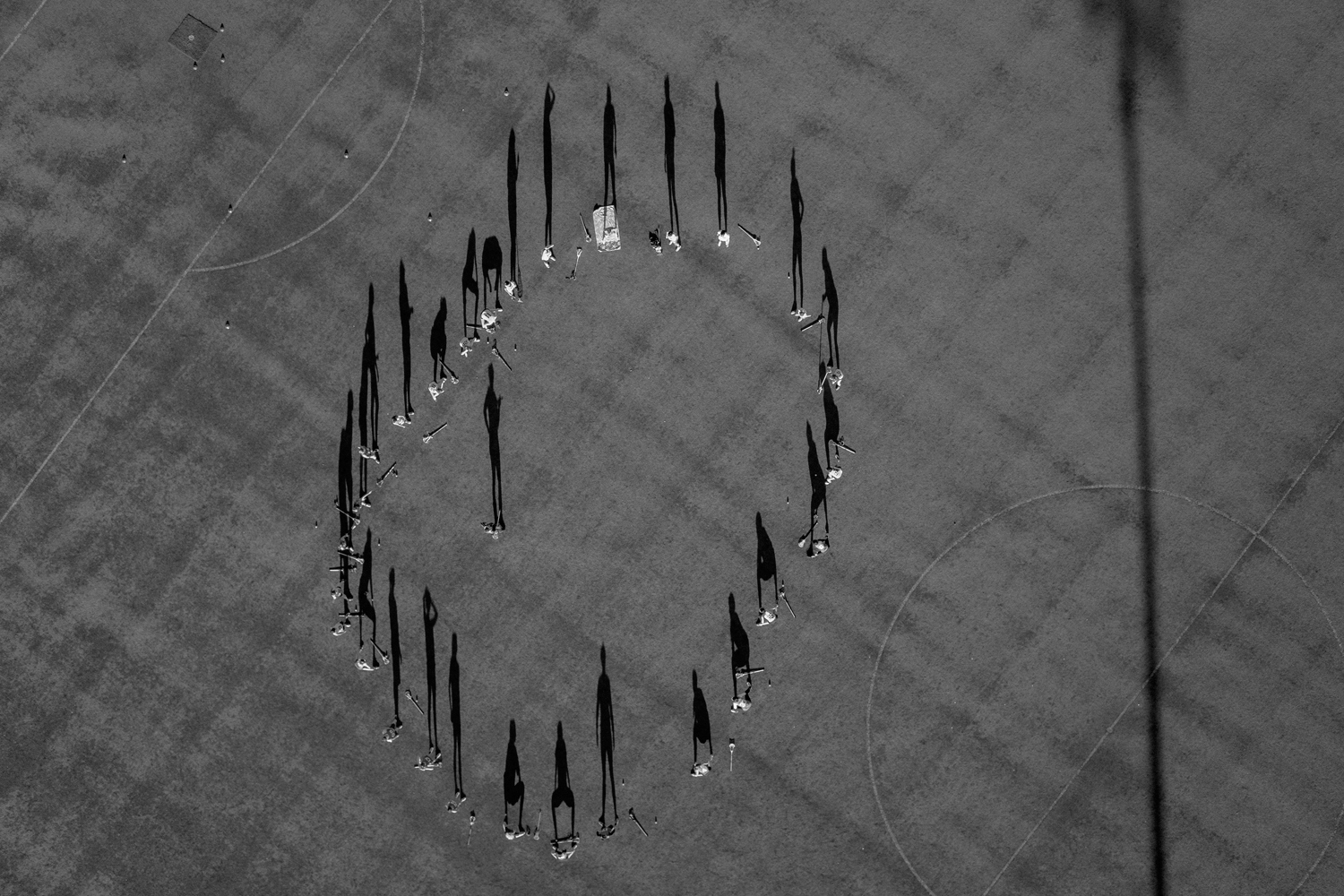

The drone that crashed was carrying a relatively small amount of meth — about 6 lb. worth somewhere in the neighborhood of $40,000. It wouldn’t make sense for a cartel to send millions of drones across the border carrying tiny amounts of any drug when they could transport hundreds or even thousands of pounds in a commercial vehicle, Barden says: “It’s like the post office sending one letter at a time.”
A DEA spokeswoman in San Diego says authorities are “aware of this smuggling technique.”
“While we would not call using drones a new trend in smuggling, we do know that drug-trafficking organizations will use any and all means to get their drugs [into] the United States,” says the spokeswoman, Amy Roderick.
The drone could have been sent by an individual trying to send drugs to a friend or contact, rather than by a cartel, Barden speculates. If it was sent by a cartel, it could have been by a low-level member looking to go out on his own, or as a kind of research and development mission by the cartel. The crash is still under investigation by the Tijuana Public Safety Secretariat.
And if cartels do start to use drones for surveillance, they won’t be along in the skies: the U.S. now patrols the airspace above almost half the Mexican border, according to the Associated Press. Customs and Border Protection says it has nine drones in its arsenal.
“If it’s not happening,” Barden says of cartels using drones for surveillance, “it soon will.”
Read next: CNN Just Got Permission to Experiment With Drones
More Must-Reads from TIME
- How Donald Trump Won
- The Best Inventions of 2024
- Why Sleep Is the Key to Living Longer
- Robert Zemeckis Just Wants to Move You
- How to Break 8 Toxic Communication Habits
- Nicola Coughlan Bet on Herself—And Won
- Why Vinegar Is So Good for You
- Meet TIME's Newest Class of Next Generation Leaders
Contact us at letters@time.com